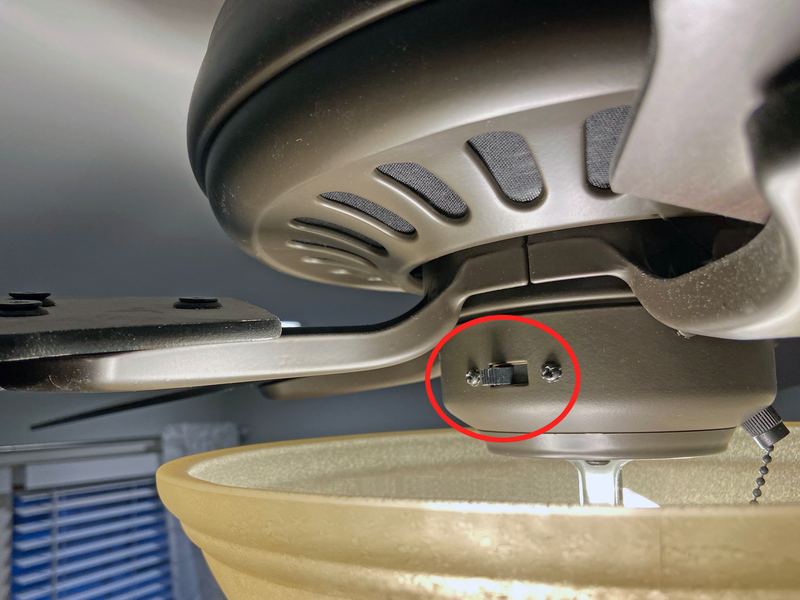How to Use Your Air Conditioner for Maximum Efficiency
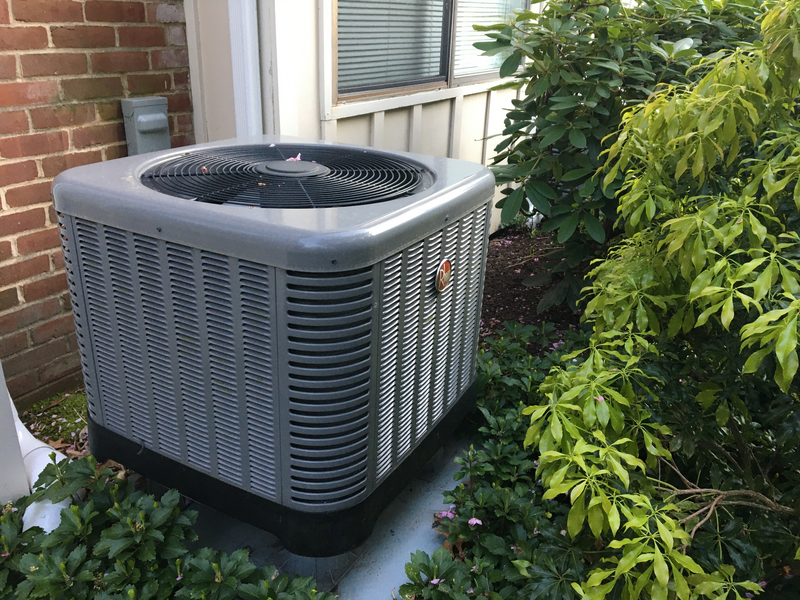
When the sweltering dog days of summer hit, there’s nothing quite like the cool embrace of a well-air-conditioned house. However, running your AC all summer long can quickly lead to sky-high utility bills, disrupting that blissfully refreshing experience.
Read More Heating and Cooling Articles
Did you know that you can still enjoy the benefits of an air-conditioned home without breaking the bank every month? By maximizing the efficiency of your air conditioning system, you can take control of your cooling costs and enjoy your air-conditioned house all summer long.
How to Get the Most Bang for Your Buck From Your Air Conditioner
1. Regularly Clean or Replace Air Filters
One of the most important things you can do to maintain the maximum efficiency of your air conditioner is to clean or replace your air filters regularly. The filters in a central AC system are designed to trap dirt, dust and pollen, and over time, this debris will accumulate on the filter, eventually restricting the airflow.
When the filter’s airflow is restricted, your system will end up working harder to push air through it. The system will need to run for longer periods and at higher capacity to maintain the desired temperature of the room. What’s more, a dirty air filter puts unnecessary strain on your central air conditioning system, potentially leading to malfunctions and costly repairs.
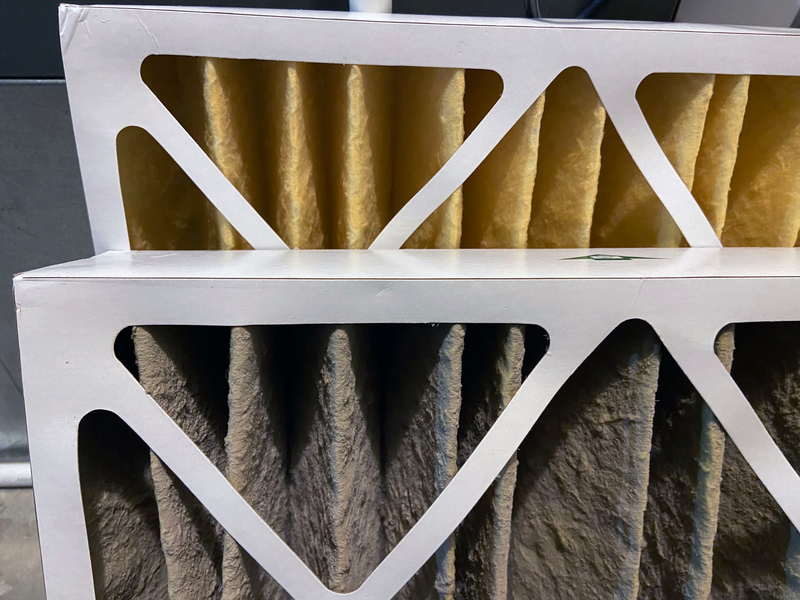
In short, a clean air filter allows for better circulation and distribution of cool air throughout your home, maximizing the energy efficiency of your HVAC system. The EPA recommends cleaning and replacing air filters every one to three months, although other factors like filter type, indoor air quality and system usage frequency may influence the timing.
To determine whether you have a washable or disposable filter, check the frame material. Sturdy materials like metal or heavy-duty plastic indicate a washable filter, while a cardboard frame suggests a disposable one.
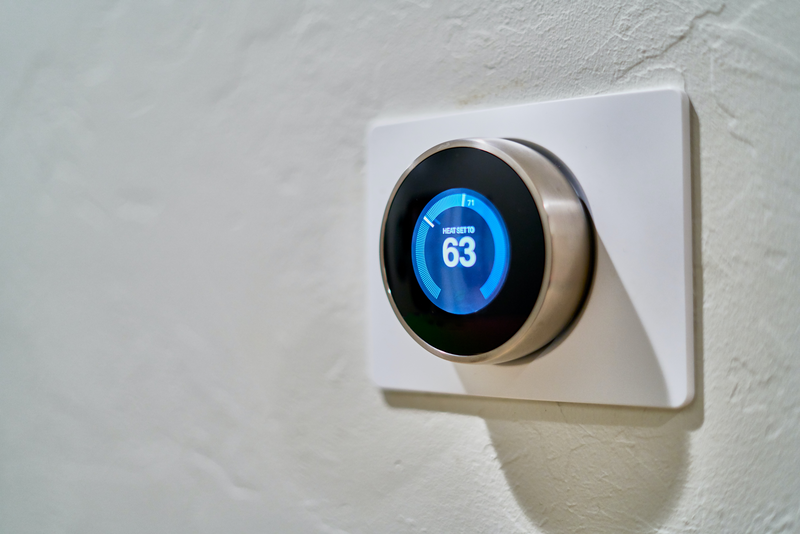
2. Install Smart Thermostat
Another great way to maximize energy efficiency is by installing a smart thermostat in your home. Smart thermostats offer features that can help achieve this goal. They allow you to create temperature schedules based on your personal routines and preferences.
Smart thermostats go beyond simple programmable thermostats by automatically reducing cooling when you're away from home, optimizing energy usage. They can also learn your behaviors over time and make adjustments to maximize efficiency automatically.
Speaking of thermostats, another efficiency trick is to try to leave your home's temperature set in a pretty small range, say from 68 to 72 degrees Fahrenheit (20 to 22 degrees Celsius). If you constantly put your thermostat through a bigger range, the system will have to work harder when it's time to cool things down. Part of this is because your AC system will cool not only you, but other objects in your home, like furniture and walls. Once those objects are allowed to heat back up, the system will go into overdrive when you ask it to cool because it will have to chill everything back down again.
More Related Articles:
- Hiring an HVAC Tech? Here are 5 Top Tips
- What's in My HVAC Technician's Van?
- HVAC Out? 5 Common Causes and Quick Fixes for Each
- How Much Does an HVAC Filter Cost?
- HVAC Upkeep Costs: Everything You Need to Know
3. Use Ceiling Fans Effectively
Ceiling fans play an important role in optimizing air conditioner efficiency. Running a ceiling fan creates a perceived cooling effect, allowing you to set your thermostat a few degrees higher while remaining comfortable. However, keep in mind that ceiling fans do not actually lower the temperature in a room on their own. Instead, they create a breeze that increases comfort. When used in combination with an air conditioner, they help prevent overworking of the cooling system.
To maximize energy efficiency, remember to turn off the ceiling fan when leaving the room and ensure the fan direction is set correctly. During summer months, set the fan direction counterclockwise to create a windchill effect.
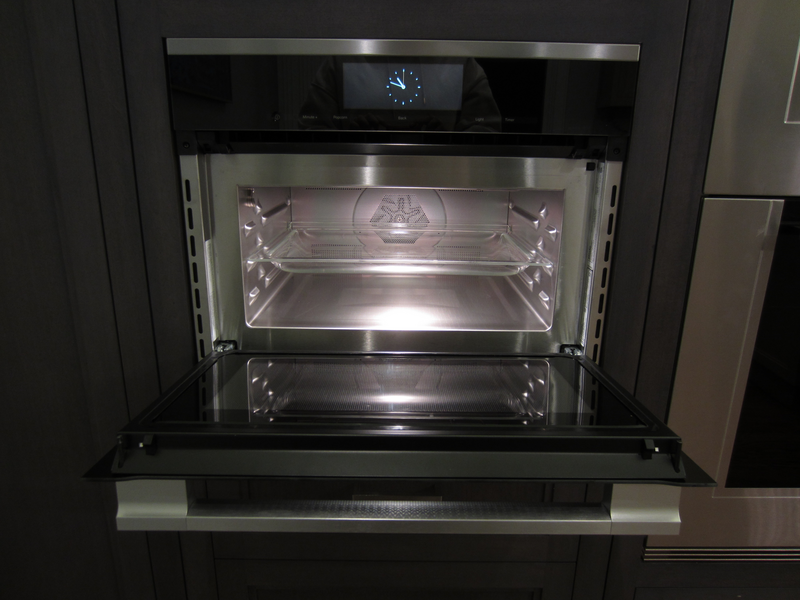
4. Manage the Impact of Heat-Producing Appliances
Managing the use of heat-producing appliances is another way to increase the overall energy efficiency of your air conditioner. Ovens, stoves, dishwashers, clothes dryers and certain lighting fixtures contribute to the heat load in your home. When the heat load is higher, your air conditioner has to work harder to cool effectively.
Using these appliances during the hottest part of the day requires your air conditioner to compensate for the extra heat, reducing energy efficiency. Properly venting your kitchen and laundry areas with exhaust fans helps minimize excess heat traveling to other parts of your home. If your home's thermostat is in proximity to a room that regularly heats up from appliance usage, use floor fans to circulate some of the hot air out of the room.
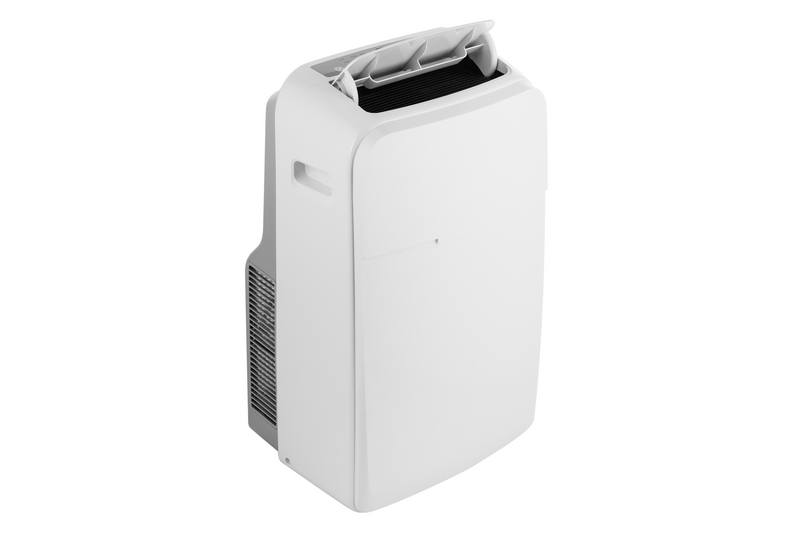
5. Create the Right Conditions
While your air conditioner can do a great job on its own, there are conditions you can create in your home to help it along so that it doesn't have to work so hard. For starters, try installing light-blocking drapes or blinds in your home and keep them closed during the hottest part of the day to block the sun's thermal effect.
You can also reduce humidity in the home by using a dehumidifier. Even though your air conditioner works as a de facto dehumidifier, adding an additional one can provide a cooling effect in the rooms you use most.
Elocal Editorial Content is for educational and entertainment purposes only. Editorial Content should not be used as a substitute for advice from a licensed professional in your state reviewing your issue. Systems, equipment, issues and circumstances vary. Follow the manufacturer's safety precautions. The opinions, beliefs and viewpoints expressed by the eLocal Editorial Team and other third-party content providers do not necessarily reflect the opinions, beliefs and viewpoints of eLocal or its affiliate companies. Use of the Blog is subject to the
Website Terms and Conditions.The eLocal Editorial Team operates independently of eLocal USA's marketing and sales decisions.


